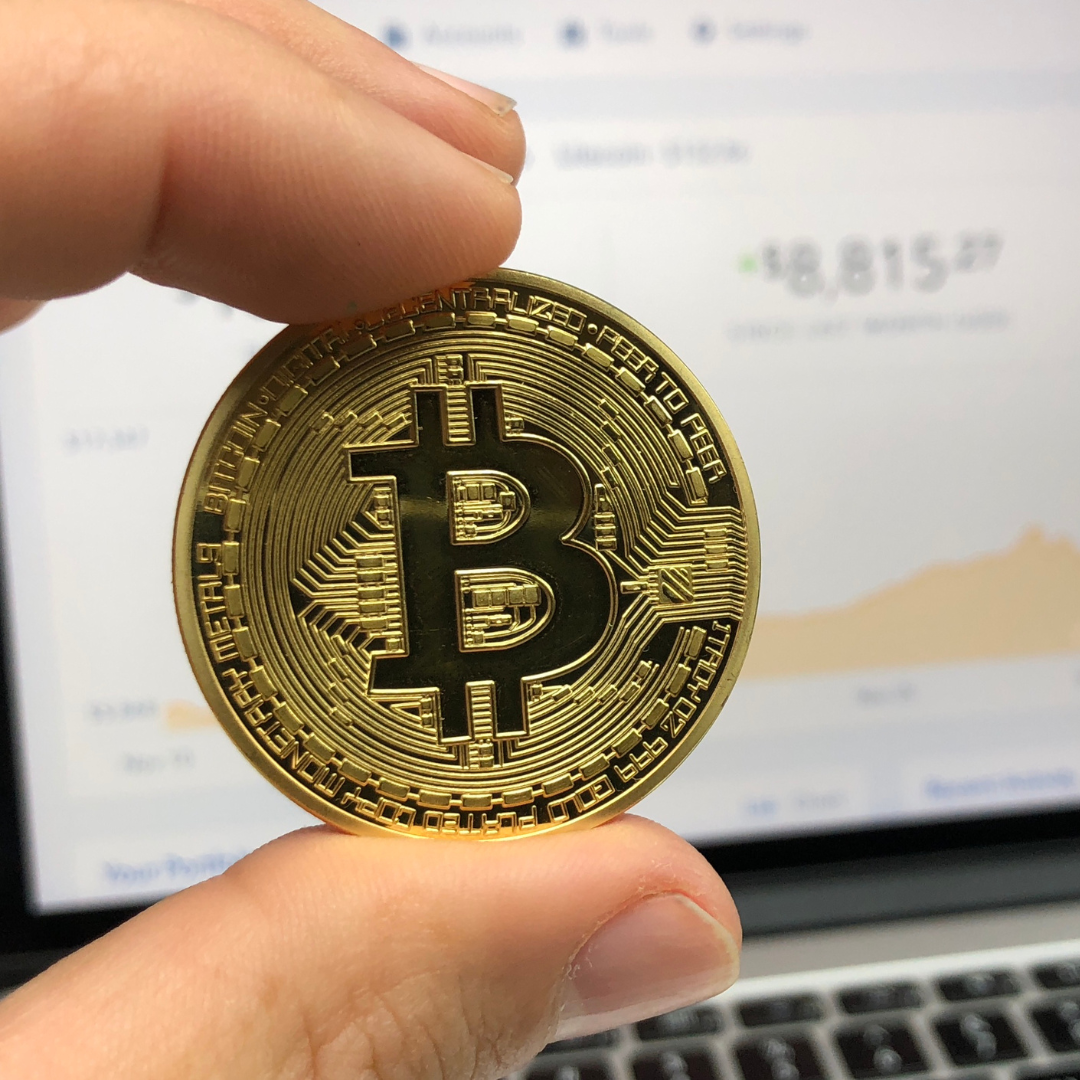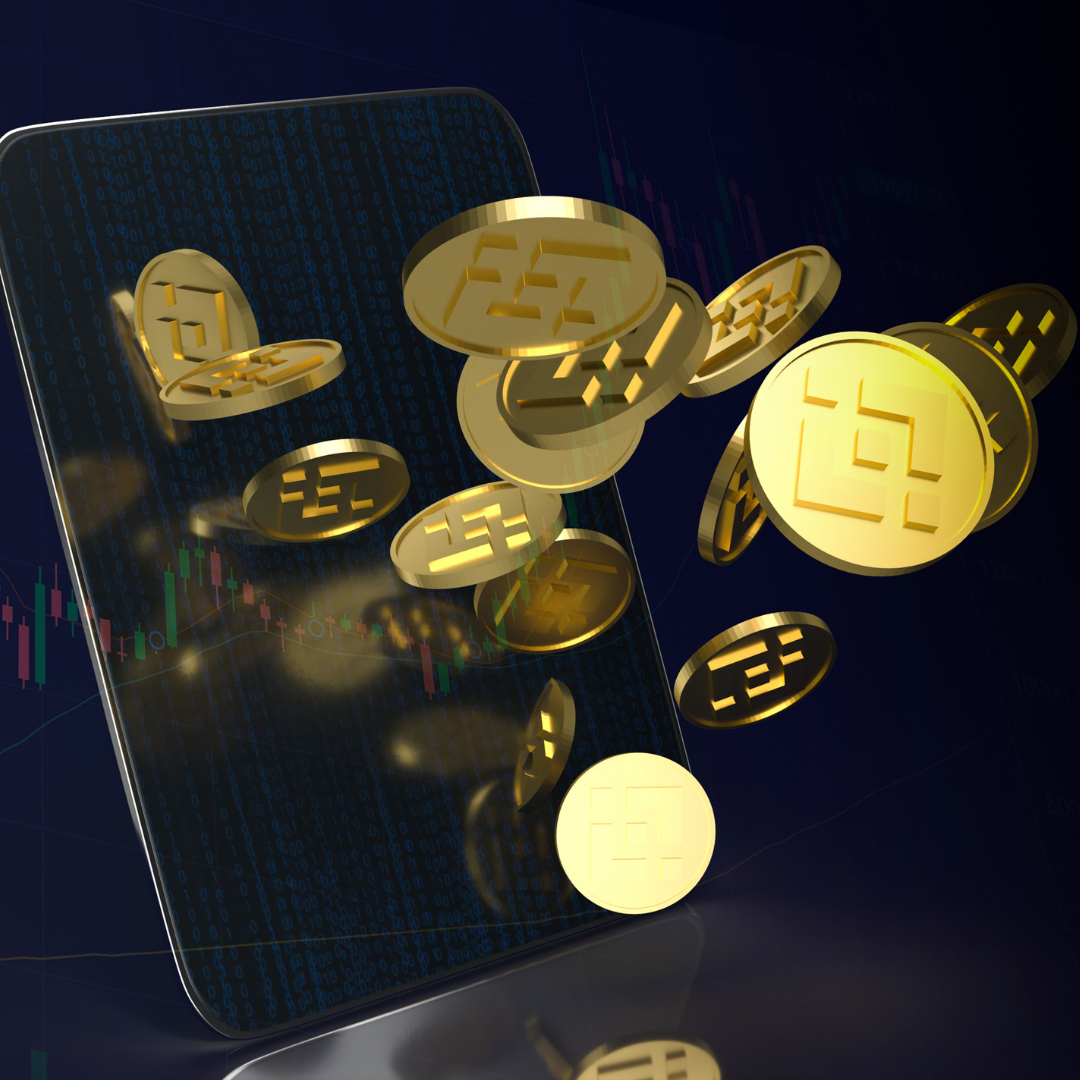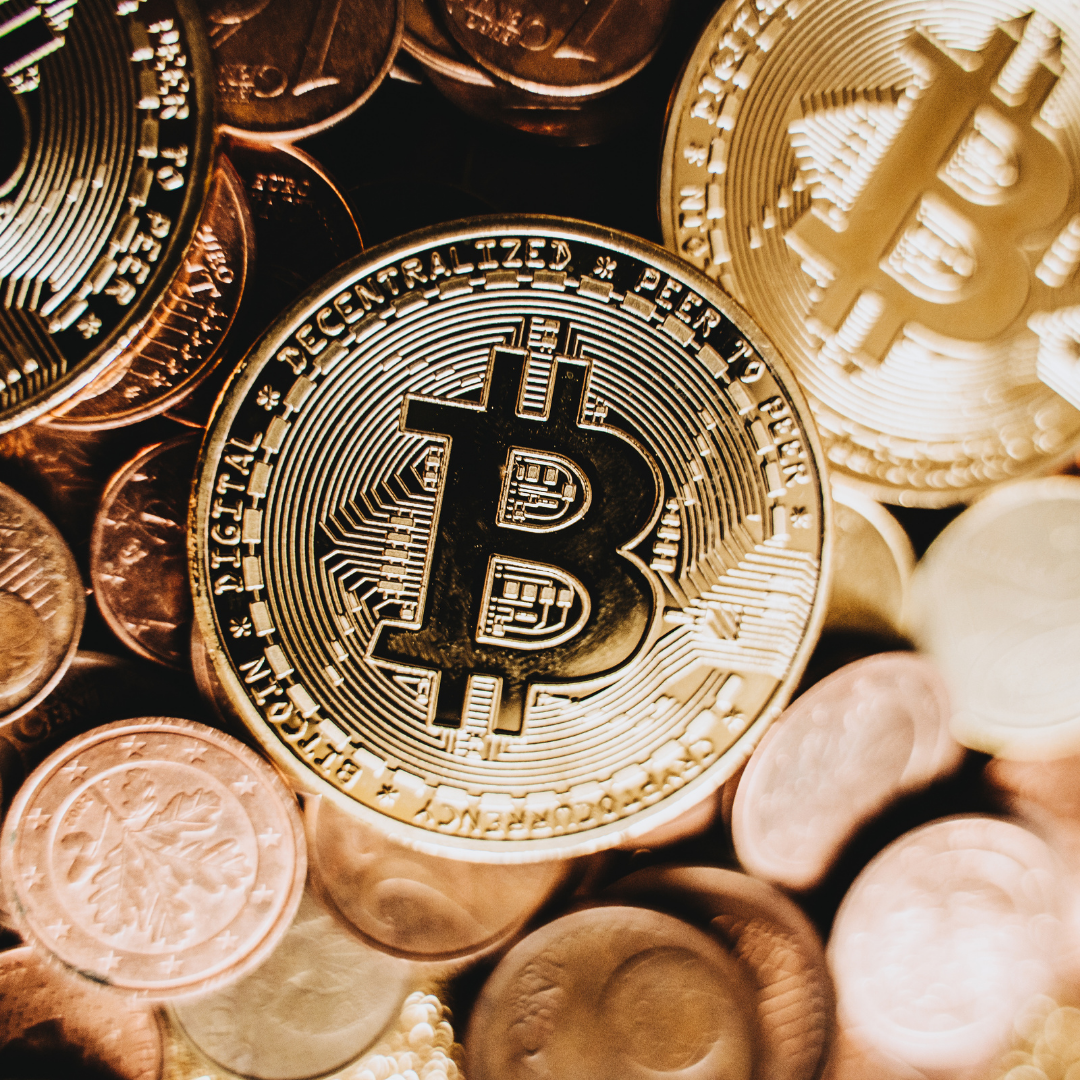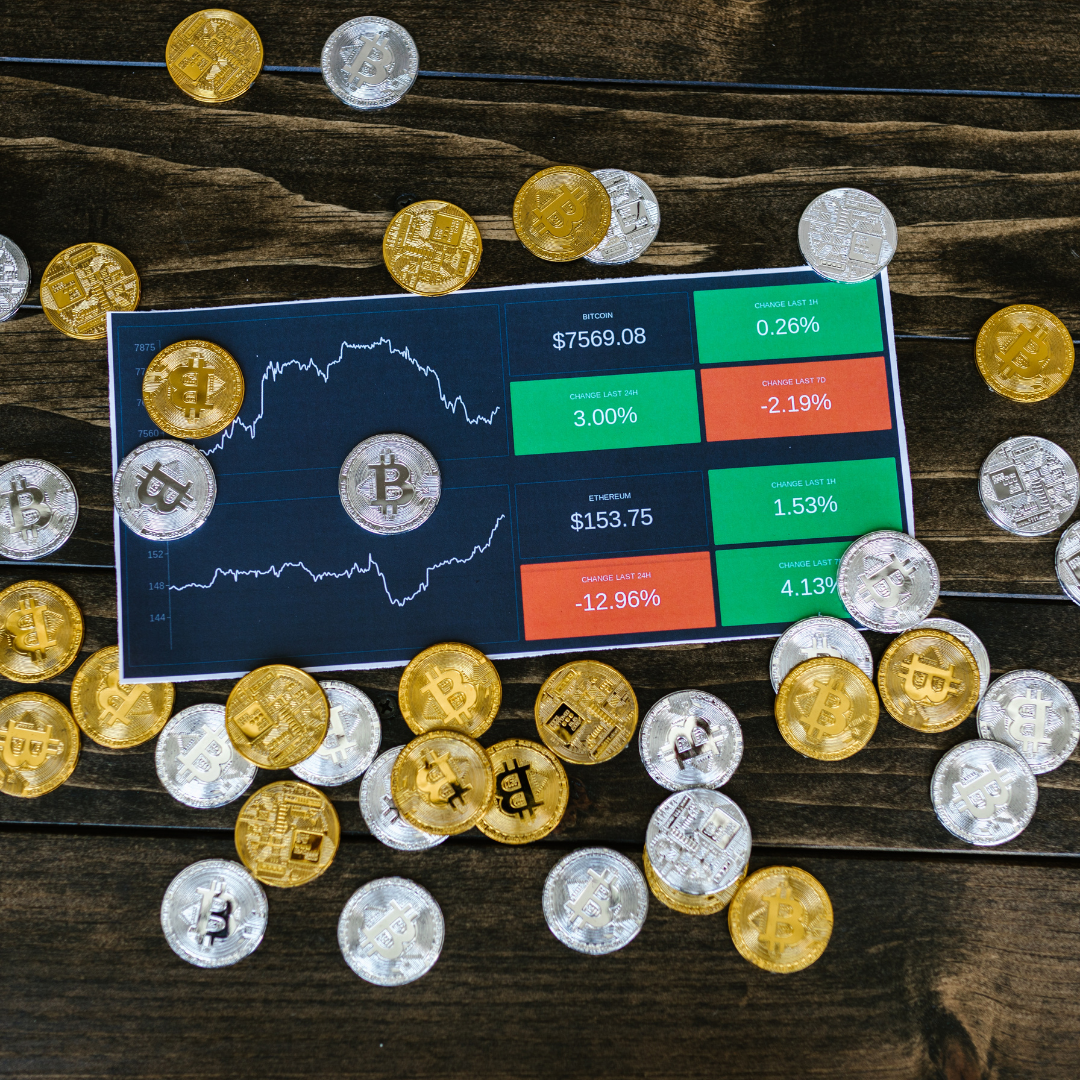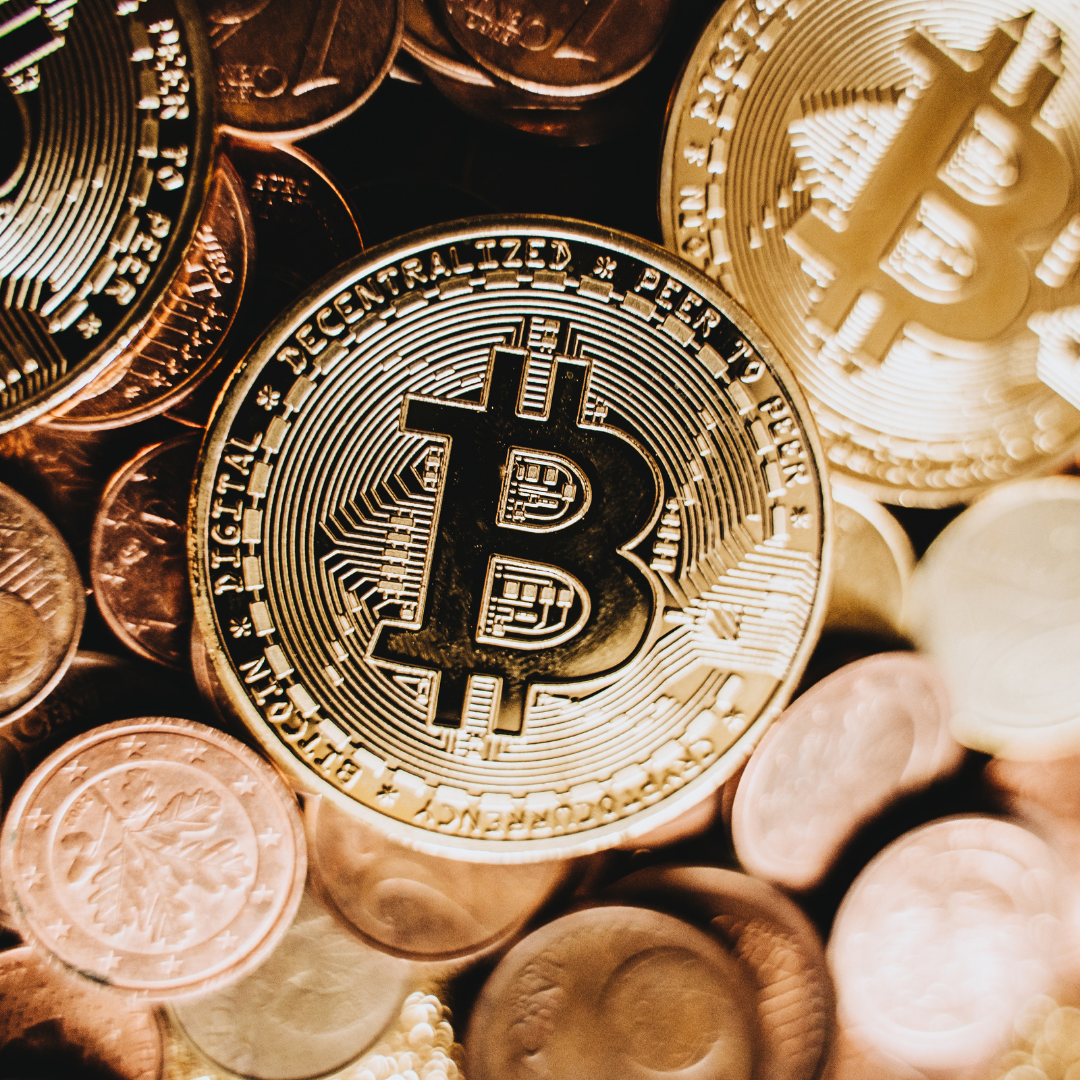Have you ever considered trading cryptocurrencies?
More and more people trust crypto trading and investing as a long-term and profitable financial strategy.
So, what’s the benefit of trading cryptocurrencies and why would you want to adopt it? Let’s explore everything you need to know!
How to Trade Cryptocurrencies?
When venturing into cryptocurrency trading, it’s essential to consider various factors to navigate the market successfully. This involves acquainting yourself with trading principles, utilizing trading software applications like Bitcoineer, and exploring other strategies to enhance your trading endeavors. Here, we have outlined some to streamline your trading process and enhance your trading experience.
- Trading cryptocurrencies like Bitcoin and Ethereum can be extremely risky due to the high volatility. Prices can fluctuate wildly day-to-day and even hour-to-hour, sometimes by double digit percentages. You need strong risk management and should only invest what you can afford to lose. Have realistic profit targets and stop-losses in place, as a coin’s value can drop suddenly and steeply during crashes.
- You must have an in-depth understanding of cryptocurrency trading concepts like bid/ask spreads, market/limit orders, candlestick charts, and more. Additionally, stay updated on news, regulations, hacks, forks and other events that can impact prices. Technical and fundamental analysis are key to identifying trends and opportunities. Without core knowledge, it’s essentially gambling and very easy to lose money trading. Take the time to educate yourself before you start.
- It’s crucial to be cautious about the platform and trading software you use for cryptocurrency trading. Opting for a reputable exchange platform like Binance and trusted software, such as the one available at bitcoinapex.com, can provide assurance that your funds are secure and your trading experience is reliable.
When it comes to trading cryptocurrencies, there are two main types of exchanges: centralized and decentralized exchanges. Centralized exchanges are regulated by a single party (usually a financial institution), while decentralized exchanges are not regulated by anyone.
Decentralized exchanges offer more security because they don’t rely on third parties for security or transaction processing. They also offer more anonymity because the identities of traders remain anonymous. However, decentralized exchanges are less user-friendly than centralized exchanges because they require more technical knowledge to use them.
To trade cryptocurrencies on a centralized exchange, you need to open an account with the exchange and deposit funds into the account. You will then be able to buy or sell individual cryptocurrencies or tokens using the exchange’s platform.
To trade cryptocurrencies on a decentralized exchange, you will first have to create an account on the exchange and then deposit funds into your account. You will then be able to buy or sell individual cryptocurrencies or tokens
Pros of Trading Cryptocurrencies
- You can make money trading cryptocurrencies
- There is potential for big gains
- The volatility of cryptocurrency prices makes it exciting and risky
- Trading cryptocurrencies can be a fun way to invest
- Cryptocurrencies are digital and decentralized, making them difficult to regulate or shut down
- Many people believe that cryptocurrencies will become the future of financial transactions
- Trading cryptocurrencies can be a way to get rich quickly
- Cryptocurrencies are often traded on decentralized exchanges, which are more secure than traditional exchanges
- Cryptocurrencies are not subject to government control and can be used to buy goods and services worldwide
- Some people believe that cryptocurrencies will eventually replace traditional currency
Cons of Trading Cryptocurrencies
- Cryptocurrencies are highly volatile and can be extremely risky
- It can be difficult to know which cryptocurrencies to invest in
- Cryptocurrencies are not legal tender and may not be accepted by all vendors
- Cryptocurrencies are not backed by any government or central institution and may lose value over time
- It is difficult to withdraw cryptocurrencies from exchanges
- It can be difficult to use cryptocurrencies for everyday transactions
- Cryptocurrencies are not easily accessible to most people
Various Cryptocurrencies and Exchanges
Various cryptocurrencies and exchanges have been around for a few years now, and the trend seems to be growing. Cryptocurrencies are digital assets that exist within a distributed, decentralized blockchain-based computing system, allowing for peer-to-peer transactions and exchanges. The three most popular cryptocurrencies are:
- Bitcoin
- Ethereum
- Litecoin
Crypto exchanges are online platforms that allow users to buy and sell cryptocurrencies with fiat currencies and other digital assets. Popular exchanges include:
- Coinbase
- Kraken
- Binance
- Bitfinex
These platforms enable users to efficiently and securely buy, sell and trade cryptocurrencies and digital assets. Cryptocurrency exchanges can also be used to trade spots, futures and options, and margin trading. Therefore, they provide a comprehensive and comprehensive service to users to benefit from crypto-investing and trading.
Overall, there are many reasons to consider trading cryptocurrencies, as they offer a high degree of liquidity and potential for significant returns. While there are risks associated with trading cryptocurrencies, these can be offset by the potential for large profits. As such, it is important to do your research and understand the risks involved before making any trades.
Thank you for reading and happy investing!
